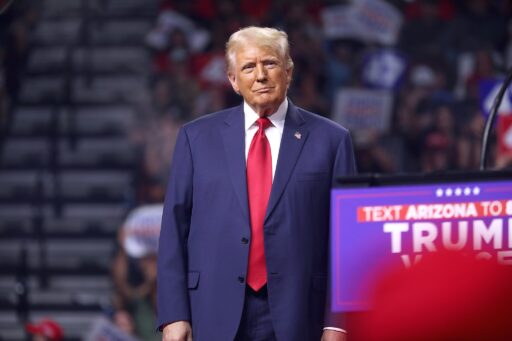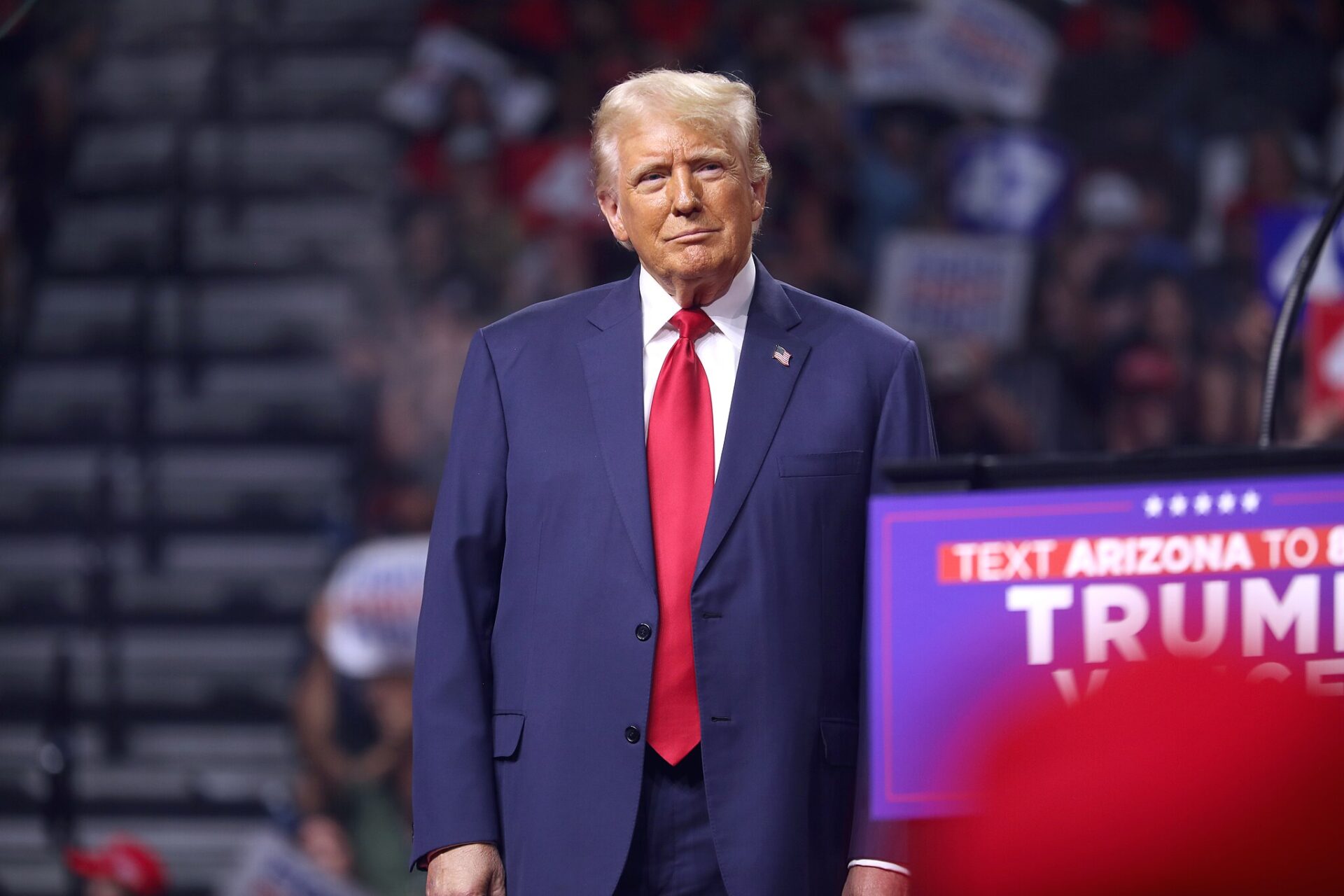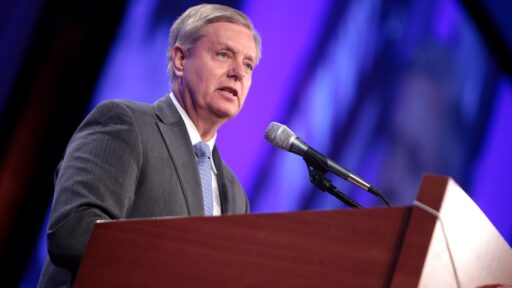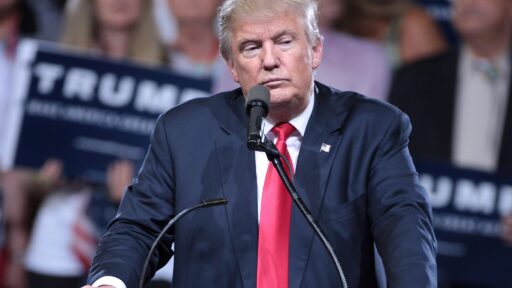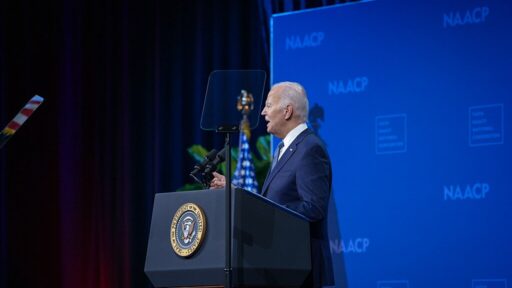There should be no room in the GOP for Republicans who don’t want to support Trump.
In a recent appearance on Fox News, Wisconsin Senator Ron Johnson, a steadfast Republican, expressed his opposition to President-elect Donald Trump’s proposal to eliminate the federal debt ceiling. The debt ceiling, a critical component in federal fiscal management, has long been a source of contention in budget debates. The ceiling essentially limits how much the U.S. government can borrow, and without it, the country risks defaulting on its financial obligations.
Trump’s call to eliminate the debt ceiling aligns with some Democratic voices, who have suggested doing away with the borrowing cap altogether. However, many Republicans, including Senator Johnson, are pushing back against such a proposal. Johnson emphasized that a debt ceiling is essential to maintain fiscal discipline and curb government spending. “We absolutely need a debt ceiling limit,” he said in an interview on Sunday Morning Futures with Maria Bartiromo. “Without it, there’s no control over out-of-control government spending.” Johnson’s view reflects the core of conservative fiscal policy, which advocates for balanced budgets and limits on federal borrowing.
The proposal to eliminate the debt ceiling became a point of division within the Republican Party. Despite Trump’s endorsement of the idea, a majority of Republicans, particularly those in the House, voted against a spending package that would have suspended the debt ceiling for two years. This move set up a tense standoff between hardline conservatives and more moderate factions of the party. Speaker of the House Mike Johnson, also a Louisiana Republican, faced significant challenges in negotiating a bipartisan plan that could avert a government shutdown while addressing border security—another key issue for Republicans.
The clash within the GOP is underscored by outside influences, like tech mogul Elon Musk, who voiced strong opposition to the proposed deal, arguing that it included unnecessary spending unrelated to essential government functions. Musk’s public criticism added fuel to the debate, urging lawmakers to reject the plan.
Despite this division, a continuing resolution (CR) bill was passed in late December to prevent a government shutdown, but it did not include Trump’s proposal to lift the debt ceiling. With the new Congress set to convene in January, the path forward remains unclear. As Trump prepares to take office, it remains to be seen whether his debt ceiling proposal will gain traction within the GOP or face further opposition from fiscal conservatives like Senator Johnson.
In the broader debate over federal spending, the debt ceiling is seen as a critical issue by many Republicans who view it as a necessary check on government overreach. As the Biden administration continues to push for higher spending, conservatives are increasingly vocal about the need to rein in government debt and ensure future fiscal responsibility. Whether Trump’s proposal will succeed or face more resistance from within his own party will likely be a defining issue in the months ahead.


